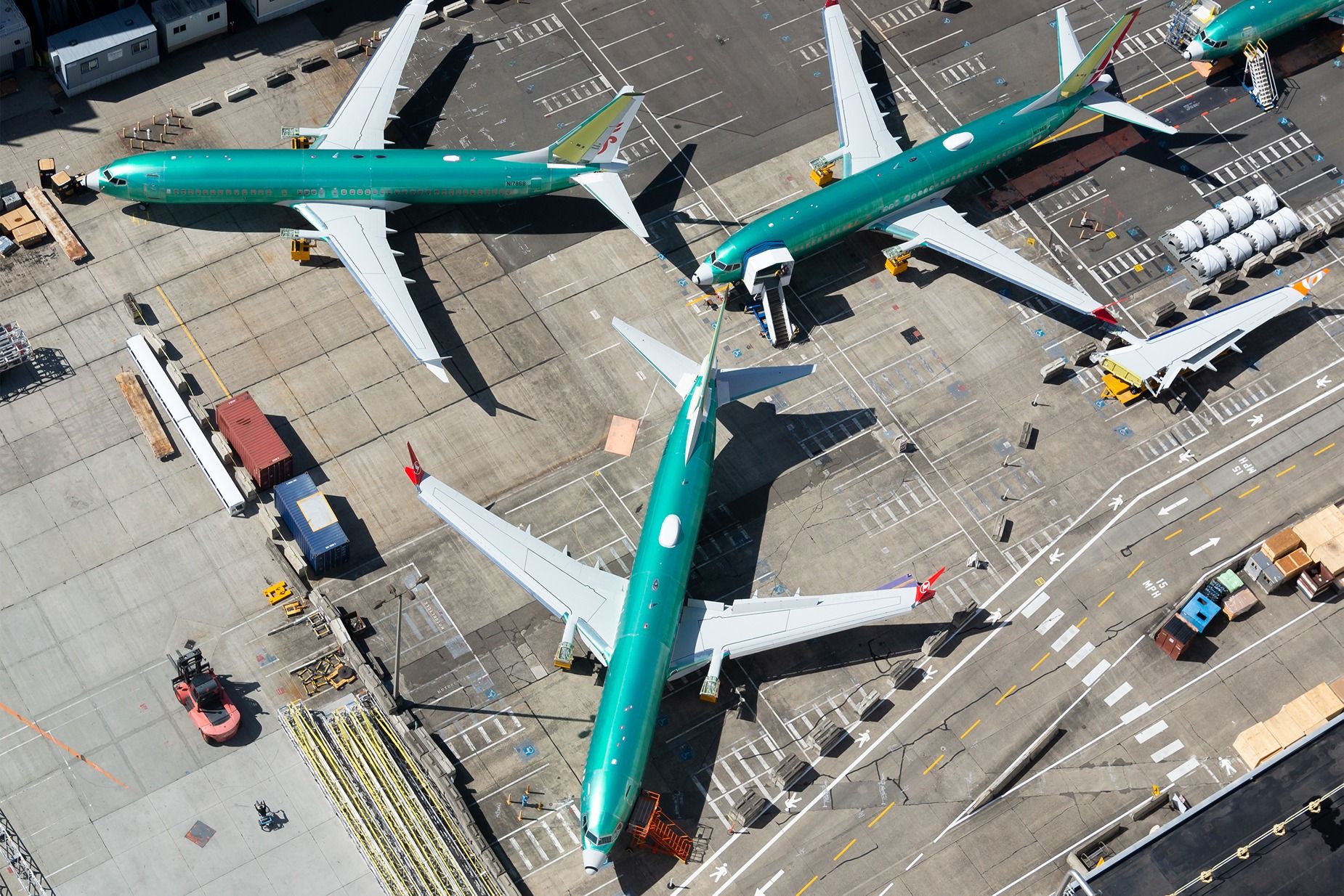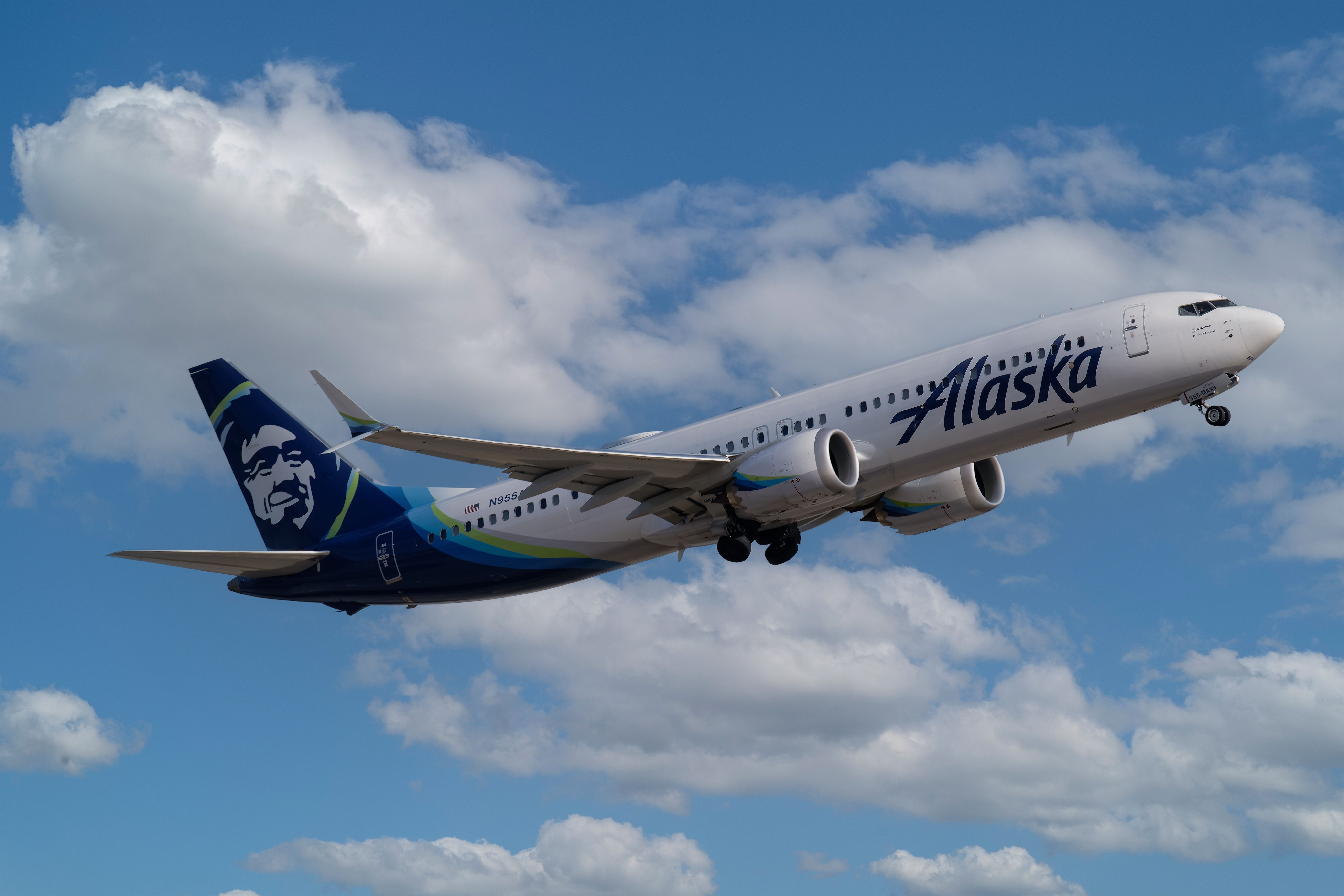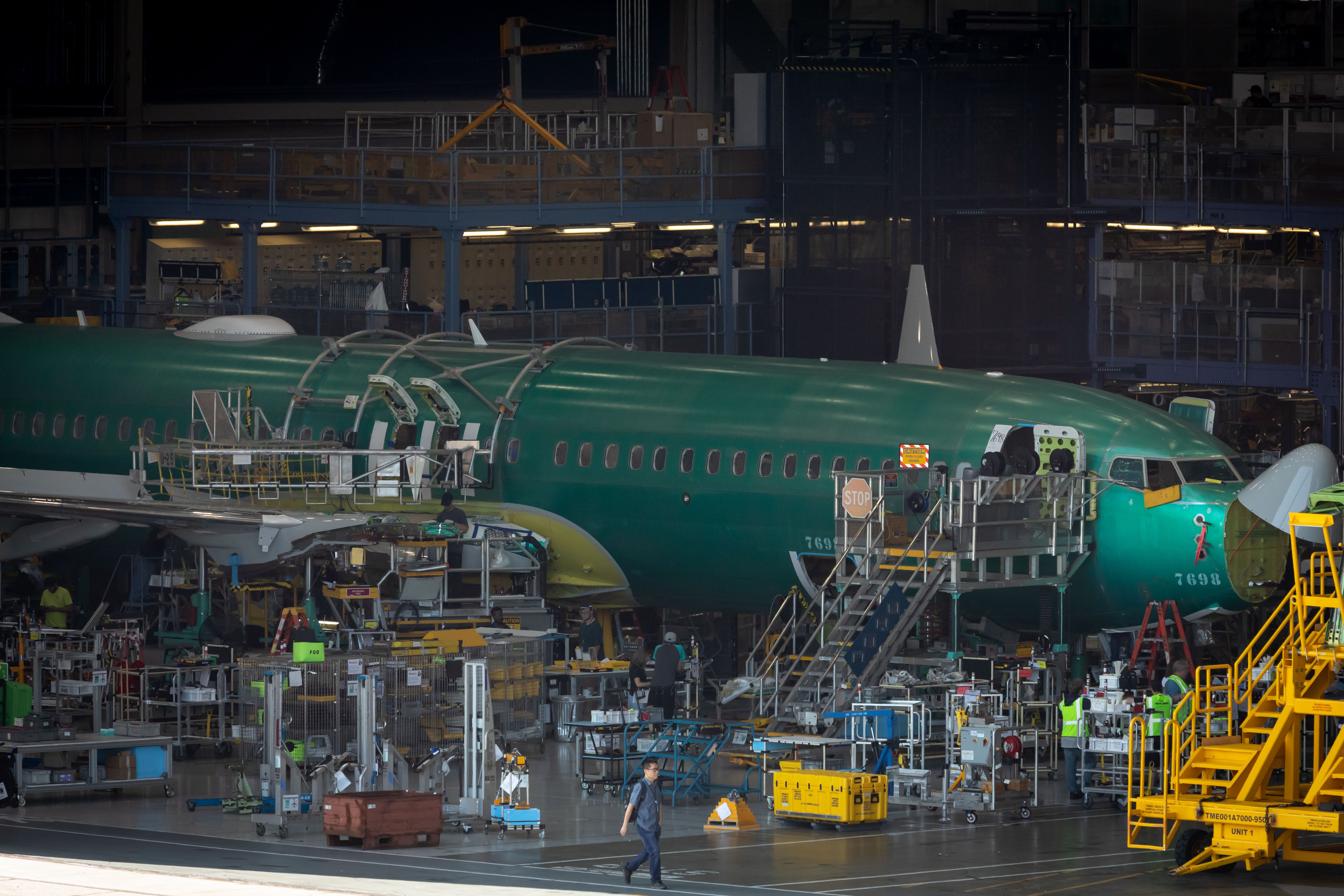FAA Panel Finds Boeing Safety Culture Inadequate And Confusing
Summary
- An FAA report finds serious flaws in Boeing’s safety culture post-MAX crashes.
- The document’s recommendations call for better communication and defined safety terms.
- Boeing remains under scrutiny to address major issues and prioritize safety in the manufacturing and design process.
Troubles continued for US planemaker Boeing on 26 February 2024 when a new report released by the Federal Aviation Administration (FAA) concluded that there were serious flaws in the manufacturer’s safety culture. The report, which Congress commissioned in the wake of two deadly Boeing 737 MAX crashes in 2018 and 2019, comes as yet another blow to the company following a door plug on an Alaska Airlines 737 MAX aircraft detaching midflight.
Congress commissioned a group of experts for the report, which convened last summer and worked diligently to analyze Boeing’s corporate culture surrounding the prioritization of safety. Specifically, the panel found a major “disconnect” between senior management and engineering teams when it came to ensuring the highest levels of attention were given to safety systems.
More damningly, the report noted that the steps taken by Boeing in the wake of the MAX groundings in 2019 were inadequate and that the company’s safety culture remains both problematic and confusing. The FAA has indicated that they will be looking into the panel’s findings thoroughly, intending to take action on its recommendations.
Simply not enough
Following the deadly crashes involving the 737 MAX aircraft, Boeing was under immense pressure to change its safety culture and prioritize it above all else. Unsurprisingly, the manufacturer came forward to indicate that it had made significant changes both in terms of how design and management teams centered production goals around safety.
Photo: Robin Guess | Shutterstock
The report released today, however, casts serious shadows on whether Boeing has been able to make any strides since the disasters. The FAA has indicated that it will not continue to tolerate this level of indifference toward ensuring an adequate safety culture. In a statement to The New York Times, the administration indicated as follows:
“We will continue to hold Boeing to the highest standard of safety and will work to ensure the company comprehensively addresses these recommendations.”
What exactly the FAA decides to do in response to these recommendations, however, still remains to be seen. The report indicated 52 recommendations originating from thousands of documents and over 250 expert interviews.
Photo: VDB Photos | Shutterstock
These requests include urging Boeing to increase communication with its employees and better define the terminology it uses to discuss safety issues. Furthermore, the report encouraged increased anonymity policies to protect company employees who may choose to bring forward safety concerns.

Boeing Asks Suppliers To Maintain 737 MAX Production Schedule As It Is Today
Senior Vice President, Ihssane Mounir, asked suppliers to stick to the master schedule as it is today until the FAA audit results are in.
Boeing’s response
Despite the many challenges facing Boeing in the wake of the MAX crashes and this January’s incident, the manufacturer still stands by the improvements it has made, according to U.S. News & World Report. In a statement regarding the release of today’s report, the company had the following words to share:
“We’ve taken important steps to foster a safety culture that empowers and encourages all employees to share their voice. But there is more work to do. We will carefully review the panel’s assessment and learn from their findings, as we continue our comprehensive efforts to improve our safety and quality programs.”
The FAA is seemingly not convinced by Boeing’s statement, indicating that it could put further emphasis on oversight at the company, and will likely make safety standards even higher. This would prove another major setback for the Boeing 737 MAX 7 and MAX 10 programs, which are still awaiting FAA certification.















